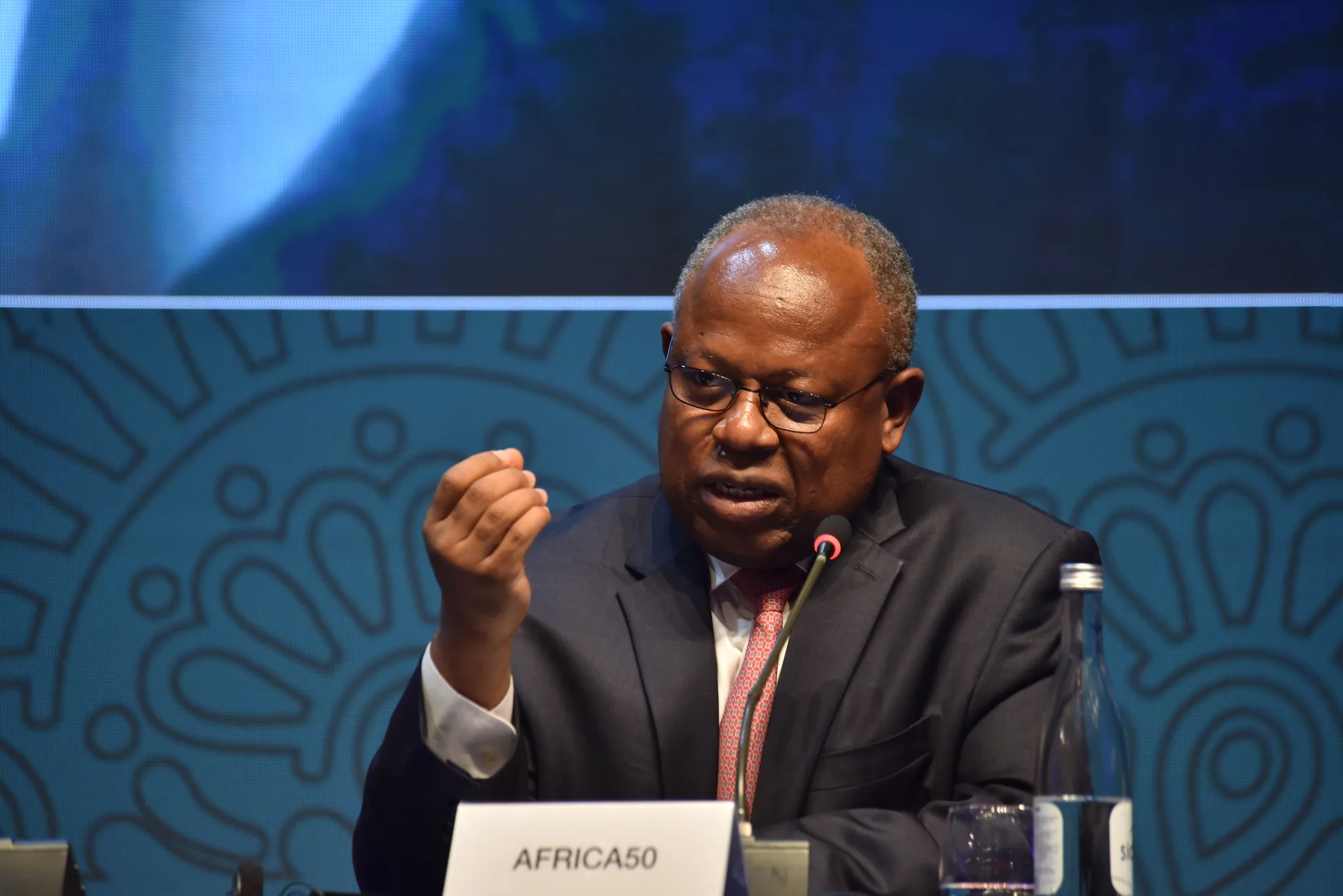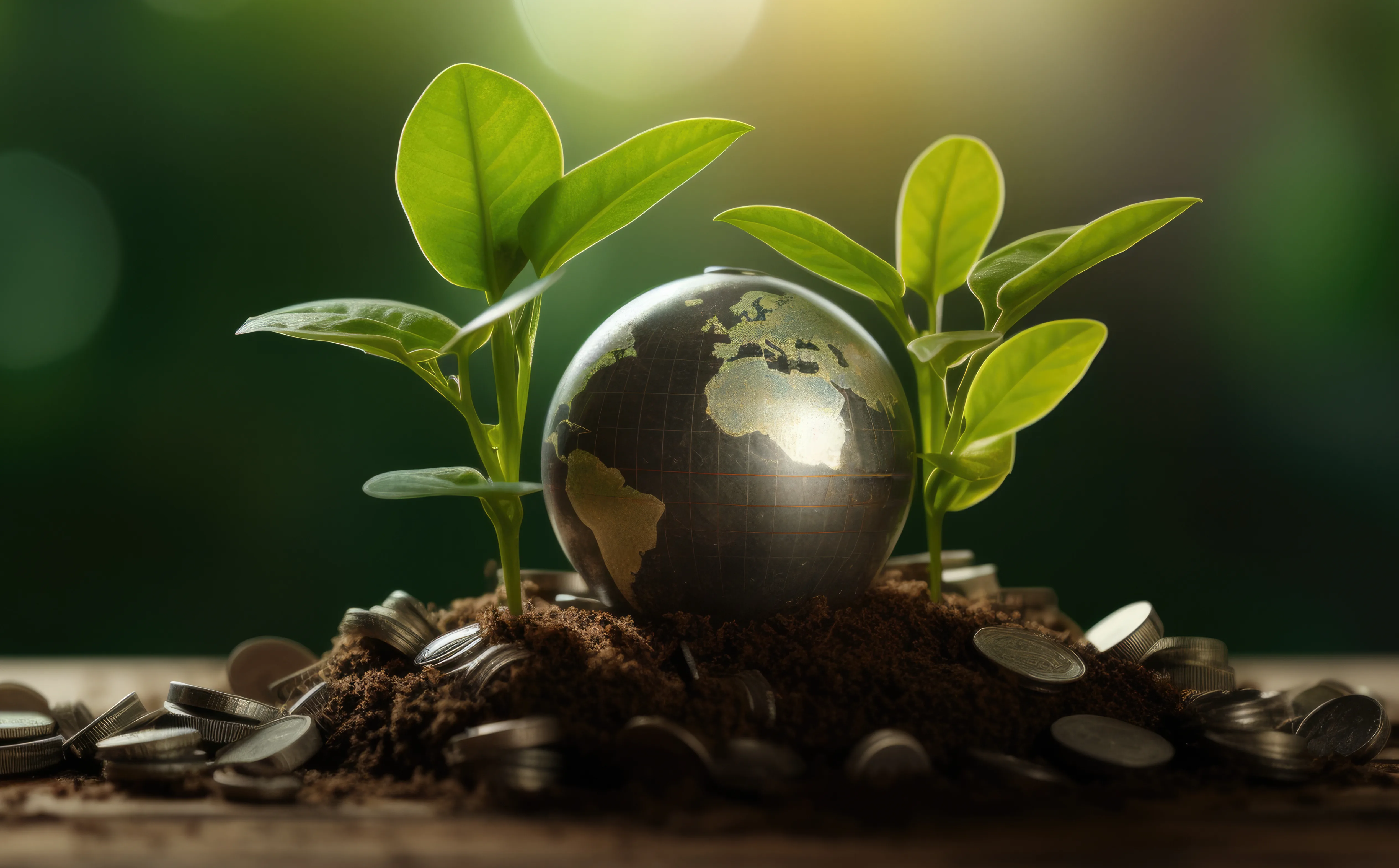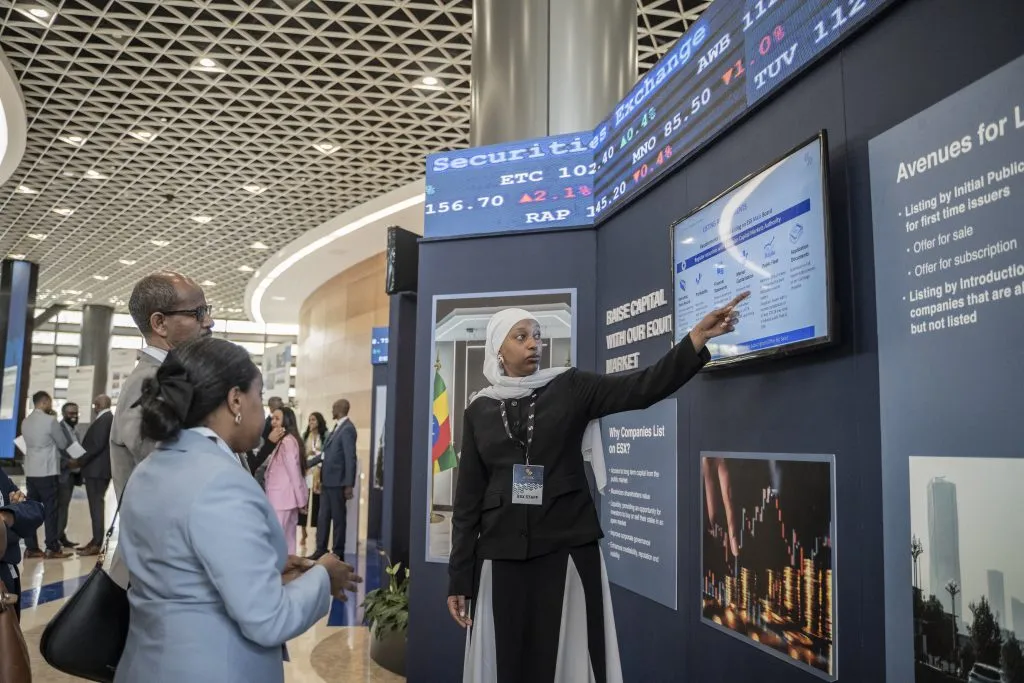
A session at the Africa Investment Forum in Marrakech in November on the energy sector emphasised the need for clean and affordable energy for the continent’s growth and well-being. Given existing deficits in access to electricity, participants at the forum urged investors and political leaders to take immediate action to bridge this gap.
They also pointed out how the lack of energy was hampering Africa’s ability to unleash its full potential, arguing that energy infrastructure was essential to building industries, creating jobs and fostering trade and regional integration.
The forum also discussed the opportunities and challenges of the energy transition in Africa, which demands substantial investments in renewable energy.
Africa’s enormous potential
Africa has enormous potential to exploit renewable energy sources such as solar, wind, hydro, geothermal, and bioenergy. There are, however, numerous obstacles and barriers that need to be overcome before this potential can be tapped.
For Africa to successfully transition to renewable energy, countries need to attract international capital by reducing risks and encouraging private investment.
Alain Ebobissé, CEO of development finance organisation Africa50, said that Africa’s energy transition will require huge amounts of investment and that international investment can play a key role in supporting the energy transition by “lowering risks and providing incentives for renewable energy development”.
The importance of enhancing and modernising Africa’s grid was emphasised by several speakers at AIF. They pointed out that the current power distribution infrastructure in Africa is insufficient, inefficient, and unreliable, which hampers the integration of various renewable energy sources such as solar and wind.
To accommodate more renewables, the grid needs to be upgraded and expanded, with improved transmission and distribution networks, smart grid technologies and regional interconnections.
The financing of power projects was also a prominent topic, given the huge unmet demand for fresh investments in Africa’s energy sector.
Bring down the barriers to investment in energy
Amadou Hott, special envoy of the president of the African Development Bank for the Alliance for Green Infrastructure in Africa, remarked that there was a need for Africa to proactively bring down the barriers to investment in the energy sector.
One of the challenges, according to the economist and investment banker, is the lack of proper project preparation. This creates a challenge for investors seeking bankable projects. Hott highlighted the Alliance’s achievement in unlocking $100m in grant money for the private sector to enhance project preparation for infrastructure projects. He added that the Alliance had also mobilised $400m in blended finance for co-investing with the private sector.
Africa also has a role to play in financing its own infrastructure. Hott emphasised the importance of increasing domestic resource mobilisation, stating that a strong public funding environment is vital for the private sector to invest confidently and at scale.
He said many African countries had a low tax-to-GDP ratio and just addressing this would ramp up revenue generation.
Boitumelo Mosako, the CEO of the Development Bank of South Africa, argued that development finance institutions should not concentrate only on constructing new climate-resilient infrastructure, but also on maintaining the current existing infrastructure and making it more adaptive to climate change. She gave the example of hydro power stations, which can be retrofitted with new technology to make them adaptive to climate change.
She echoed the views of several experts and leaders, saying that Africa should prioritise energy projects that can have a positive direct impact on local value chains. “We need to consider what these investments mean for the communities where these projects are going to be implemented from a job creation perspective and also from an industrialization perspective.”





Recent Comments